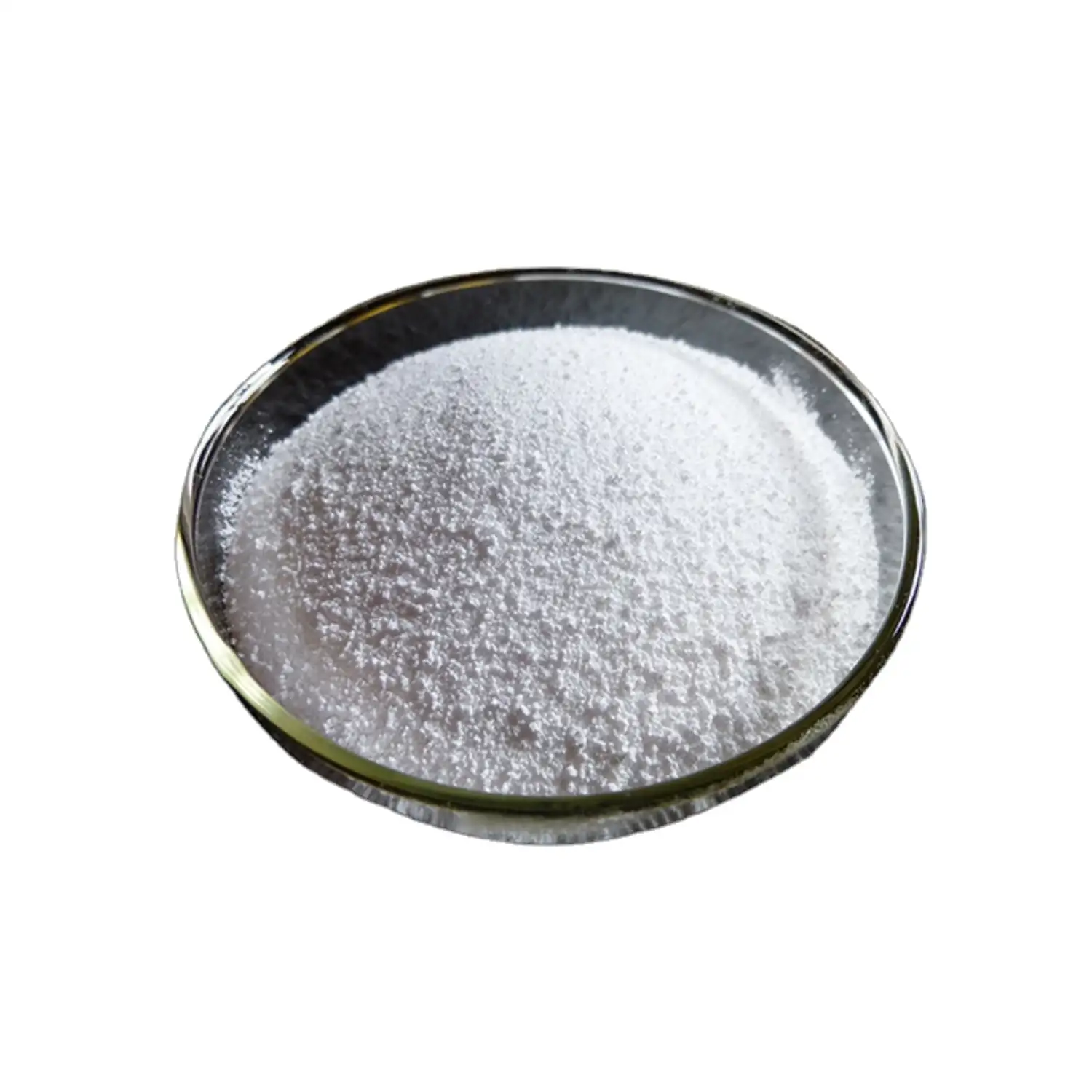IUPAC Name
Pentasodium;[oxido(phosphonatooxy)phosphoryl] phosphate
Cas Number
7758-29-4
HS Code
2835.31.10
Formula
Na5P3O10
Appearance
White Powder
Common Names
Pentasodium Triphosphate
Packaging
25 Kg Bag
Brief Overview
Sodium Tripolyphosphate (STPP) appears as powder or granular, melting point at 622 °C, easily soluble in water, with remarkable chelating ability to some metal ions such as Ca2+, Mg2+ ,can soften hard water, change suspension into solution, alkalescent, without causticity.
Manufacturing Process
STPP has been generally made by a process that includes the steps:
1. Reacting a sodium compound such as soda ash (Na2CO3) or caustic (NaOH) with either wet-process phosphoric acid or furnace-process phosphoric acid to form a reaction mixture containing monosodium phosphate (NaH2PO4) and disodium phosphate (Na4HPO4).
2. Precipitating and, after that removing insoluble impurities from the reaction mixture.
3. Heating the reaction mixture at elevated temperatures for sufficient time to thermally decompose or calcinate the two phosphates named above compounds into STPP (Na5P3O10) and to simultaneously remove water from the reaction mixture by volatilization.
Food Industry
STPP regulates pH of foodstuffs, enough to hold in the moisture. Because of its ability to retain moisture, STPP is added as a preservative in seafood, meats, poultry, and animal feeds. This increases the shelf life of the products. It is also used as an emulsifier.
Detergent Industry
The majority of STPP is consumed as a component of commercial detergents. It serves as a "builder," industrial jargon for a water softener. Detergents are deactivated in hard water (water that contains high concentrations of Mg2+ and Ca2+). Being a highly charged chelating agent, TPP5- binds to di-cations tightly and prevents them from interfering with the sulphonate detergent.
Paper Industry
STPP is used as a coating agent for a paper due to its ability to disperse in water, hence, it coats the paper white in color. It also acts as an oil contamination resistance agent and a defending grease agent in paper production. It also acts as a pitch control agent in raw paper pulp in the grinding or washing stages of wood pulp production by adsorbing the residual resins and other contaminants which impact the productivity of paper mills and the quality of the paper from the wood pulp. It is used as a de-inking process of newsprint.
Other Applications
STPP is also used as a seal for leaking farm ponds by mixing with soil floor, hydrogen peroxide stabilizer, and dairy substitute for milk-based pudding, whipped topping, sour cream, and cheese.
